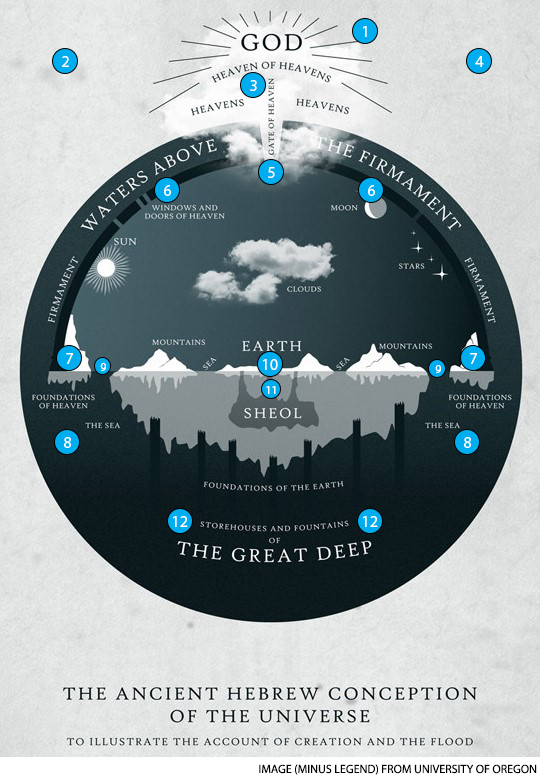“Hear, O heavens, and give ear, O earth: for the Lord hath spoken, I have nourished and brought up children, and they have rebelled against me. The ox knoweth his owner, and the ass his master’s crib: but Israel doth not know, my people doth not consider.”
– Isaiah 1:2-3
“When the great moment came and the Beasts spoke, he missed the
whole point; for a rather interesting reason. When the Lion had first
begun singing, long ago when it was still quite dark, he had realised
that the noise was a song. And he had disliked the song very much. It
made him think and feel things he did not want to think and feel. Then,
when the sun rose and he saw that the singer was a lion (“only a lion,”
as he said to himself) he tried his hardest to make believe that it
wasn’t singing and never had been singing — only roaring as any lion
might in a zoo in our own world. “Of course it can’t really have been
singing,” he thought, “I must have imagined it. I’ve been letting my
nerves get out of order. Who ever heard of a lion singing?” And the
longer and more beautiful the Lion sang, the harder Uncle Andrew
tried to make himself believe that he could hear nothing but roaring.
Now the trouble about trying to make yourself stupider than you really
are is that you very often succeed. Uncle Andrew did. He soon did
hear nothing but roaring in Aslan’s song. Soon he couldn’t have heard
anything else even if he had wanted to. And when at last the Lion
spoke and said, “Narnia awake,” he didn’t hear any words: he heard
only a snarl. And when the Beasts spoke in answer, he heard only
barkings, growlings, bayings, and howlings. And when they laughed
— well, you can imagine. That was worse for Uncle Andrew than
anything that had happened yet. Such a horrid, bloodthirsty din of
hungry and angry brutes he had never heard in his life.”
– The Magician’s Nephew, C.S. Lewis

